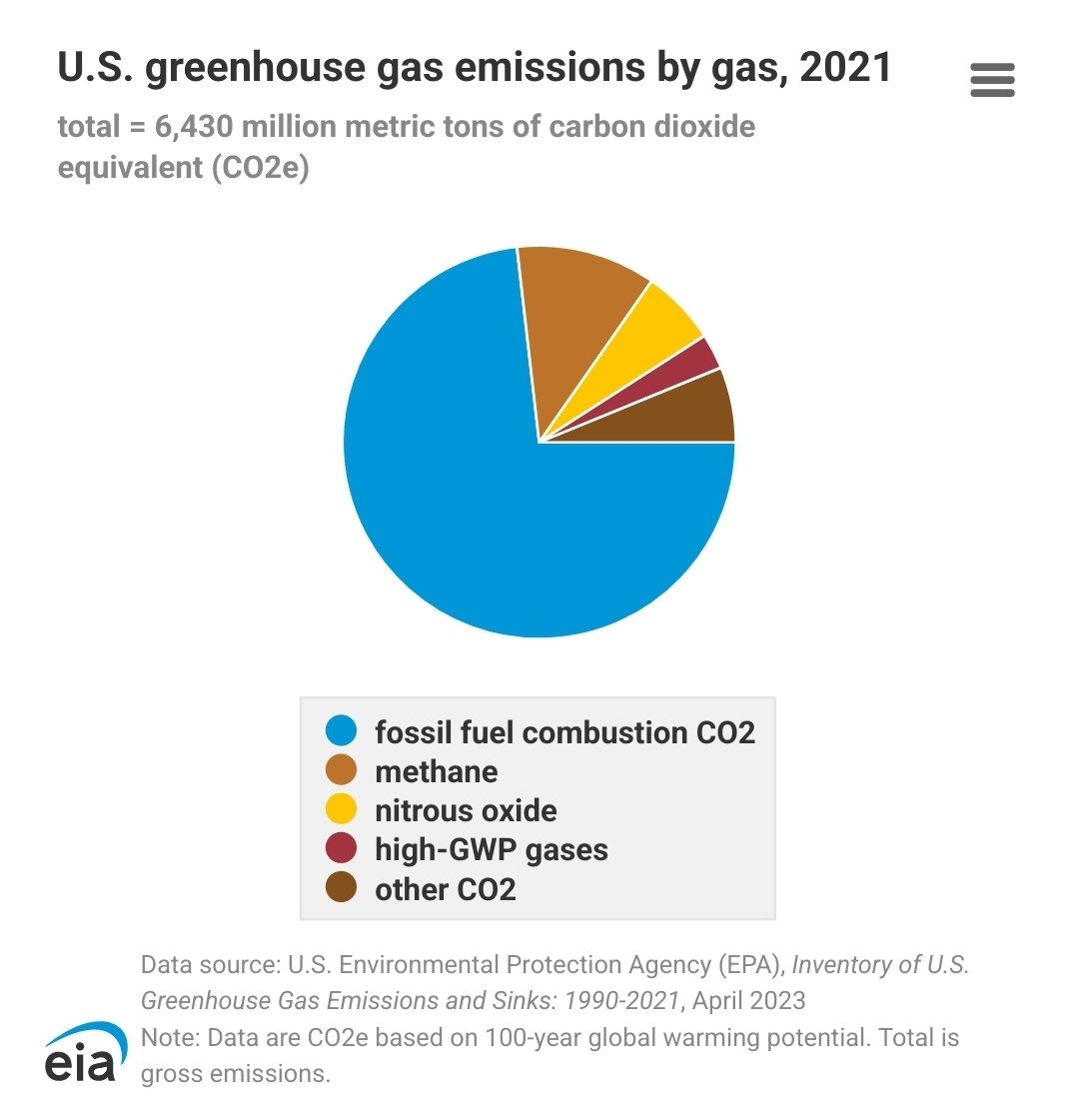this post was submitted on 28 Nov 2023
961 points (98.5% liked)
196
16915 readers
1827 users here now
Be sure to follow the rule before you head out.
Rule: You must post before you leave.
If you have any questions, feel free to contact us on our matrix channel.
founded 2 years ago
MODERATORS
you are viewing a single comment's thread
view the rest of the comments
view the rest of the comments

I would love a source on this
A quick search failed to produce an article or study directly comparing the two, so I did each separately.
Source (source indicated under graph)
(source indicated under graph)
Livestock pretty much entirely contribute to climate change inherently via methane and incidentally via use of fossil fuel for transport and specialized machinery. If all of the latter went fully electric, that 14.5% could probably go down to 10% if not 5%..
To call 5 to 14.5% the equivalent of 73% is absolute lunacy that smacks of ideological bias, especially since you don't mention plant farming, which contributes a lot as well.
hmm, I didn't have any issue finding studies that compare the two; here's one:
https://www.colorado.edu/ecenter/2022/03/15/it-may-be-uncomfortable-we-need-talk-about-it-animal-agriculture-industry-and-zero-waste
Very much cherry picking data points here: nitrous oxide has a higher impact by volume, but the output is infinitesimal compared to CO² and other harmful substances involved in the extraction, processing and combustion of fossil to the point that it's still a TINY problem in comparison.
As for this part
That's just a flat out lie.
Source:
The problem I see here is that it measures greenhouse gas emissions, but not "net greenhouse gas emissions", which is much more important.
For example, "crop burning" contributes to the CO2 emissions short-term, but not long-term. Still they list it as "3.5%" of emissions.